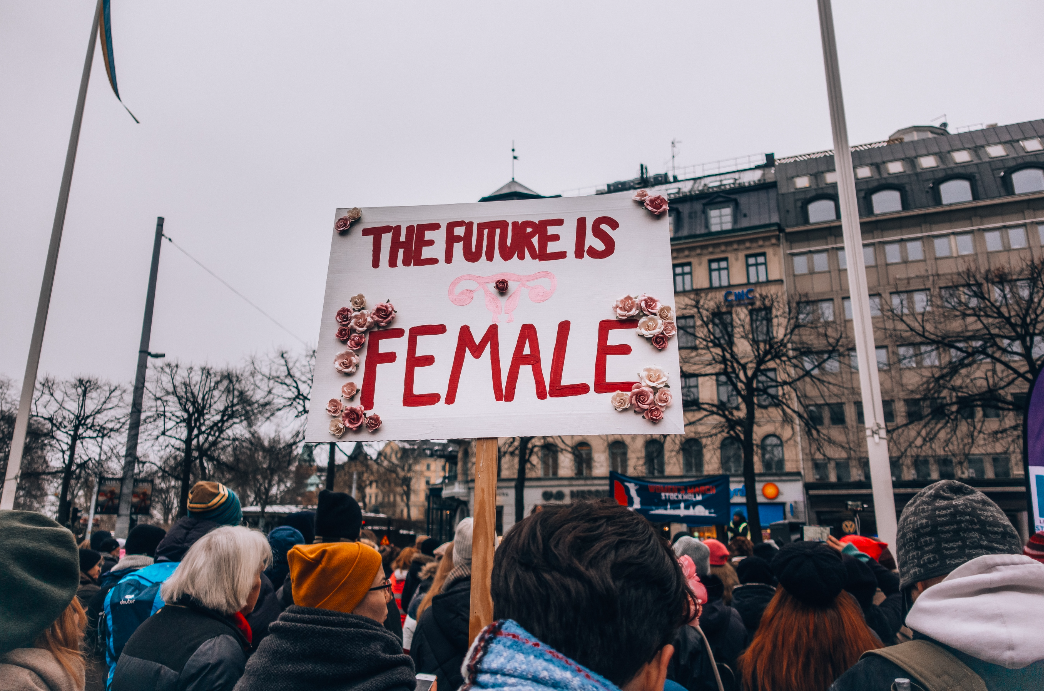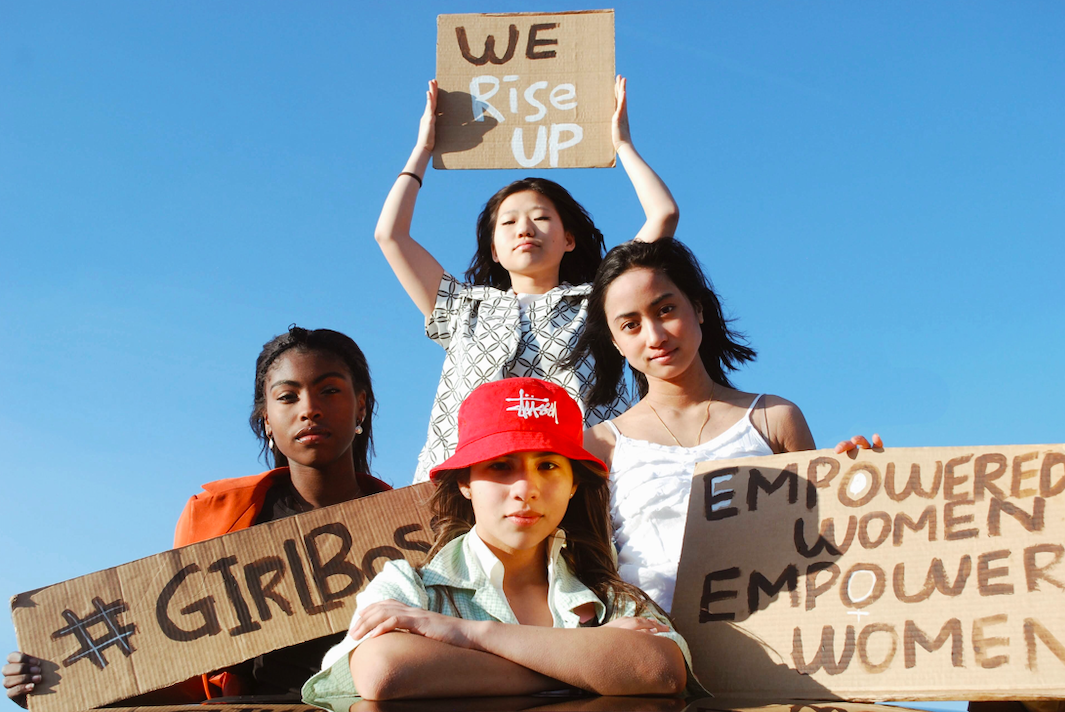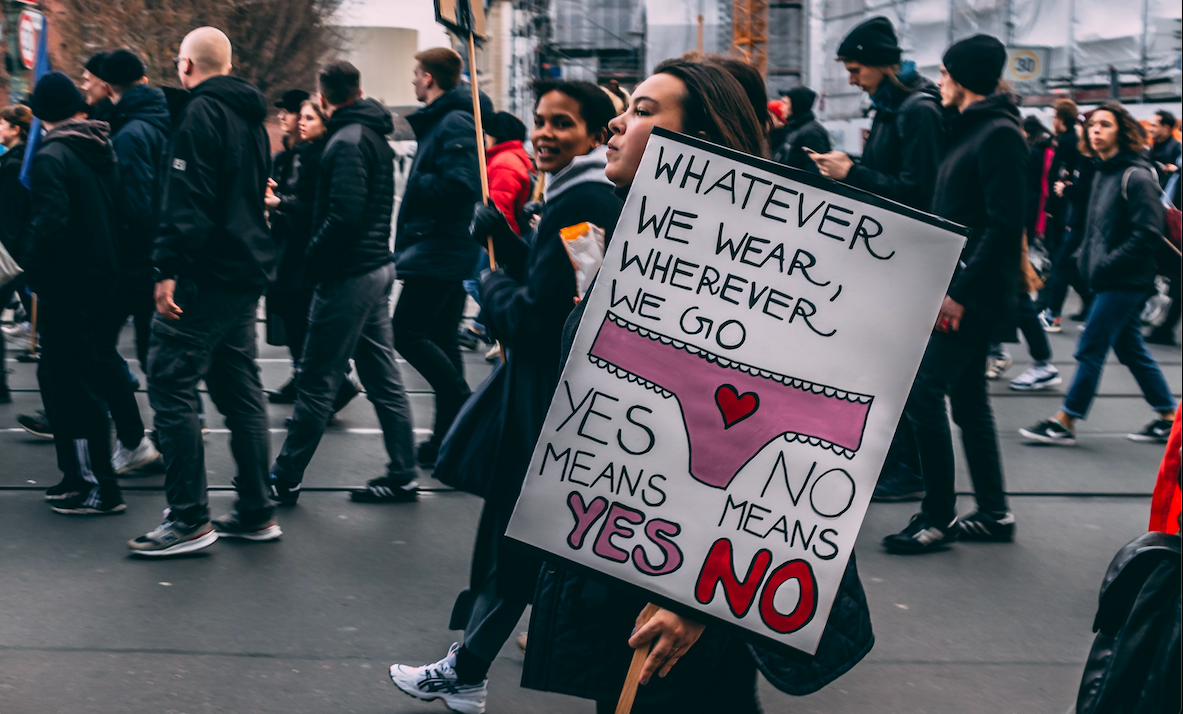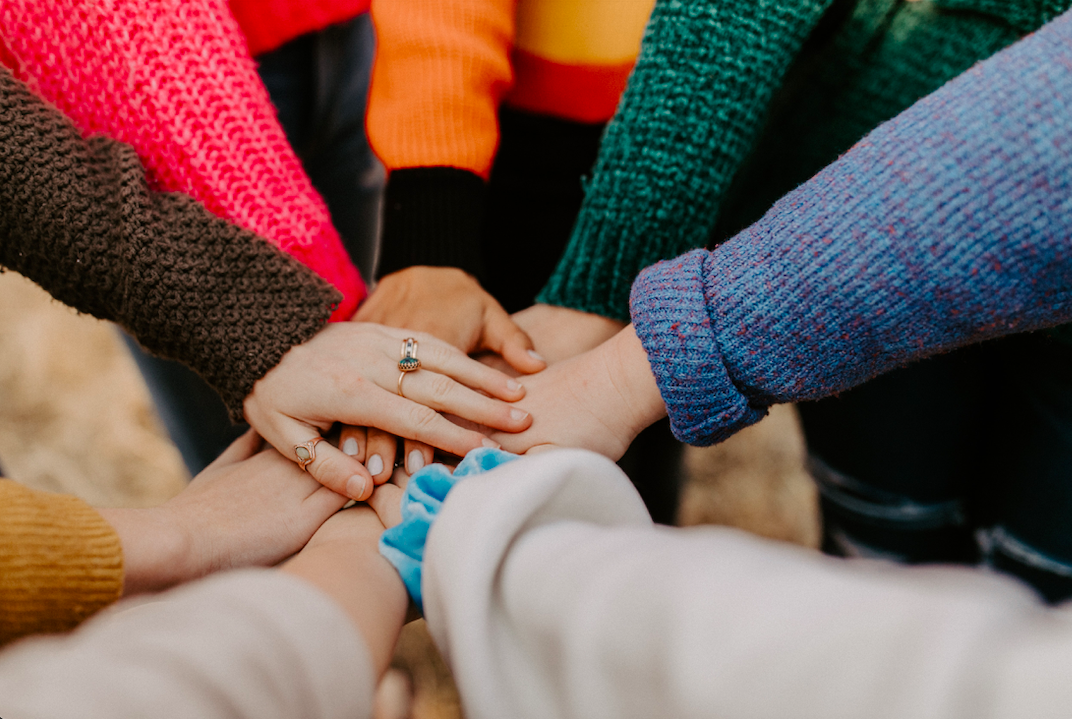Women's History Month at AUP

History is made up of brave women who have fought for the right to live a life free from violence and discrimination, and to enjoy the same things that have been available to men for decades; to be educated and to earn an equal wage. In 1977 it was decided by the United Nations that these efforts should be recognized by creating International Women’s Day on March 8th. Ten years later, after much petitioning from feminist groups in the United States, the entire month of March has been designated as Women’s History Month.
The oppression of women’s dates back to the beginning of time, with powerful trailblazers fighting for equality throughout the years to bring us where we are today. It is with their sacrifices that we are able to have this commemorative month. Although modern society has made progress in terms of equal rights between men and women, there is still a long way to go.
Before the year 1836 women were not even allowed to gain a higher education, and now women make up nearly 52% of university students worldwide. However, despite this fact, upon entering the workforce women on average earn an annual salary that is 79% less than that of a mans.

With AUP being a modern university located in the heart of a major metropolitan city it is important that the women of this school are supported and know about the very real issues concerning them in the world.
Laura Hofmann, a Junior at AUP, describes her thoughts on the subject. “I do feel supported in general on campus, which is partially due to the strong knit community between myself and the other female identifying students here” Hofmann said. “However, I do think conversation can go a long way, and professors should be instructed by the University to dedicate time and resources in the classroom to educating us on gender inequalities."
Hofmann goes on to explain why she feels that it is important to have an open dialogue about such matters. “If we have these issues be a part of the classroom discussion then students will start to recognize how these topics are serious and affect each and every one of us” Hofmann said. “The lack of knowledge on gender inequalities only contributes to the problem, and is creating an environment in which women feel heard and supported is the only way.”

The first step towards female students seeing school as synonymous with safety is addressing some of the haunting statistics that women must face up to, such as the fact that in the United States 26.4% of undergraduate women experience sexual violence, according to RAINN. The disparities women face in every aspect of their lives is no secret, yet it is still considered a taboo topic for college classrooms to shed light on these issues.
Molly Wilhelm, a visiting student from George Washington University, discusses the importance of having the school be a safe place for women. “Sexual violence is rampant on college campuses” Wilhelm said. “Oftentimes women feel unheard, unprotected, and uncared for when universities refuse to properly act and provide support.”
Wilhelm said that it is unfair for women who already go through so much in the real world to also be faced with these problems while on campus. “From sexual harassment and violence, to the wage gap, to disproportionate access to quality medical care and treatment, women worldwide continue to be faced with inequality wherever they turn.”
Despite not have spent much time at the university, Wilhelm expresses that there is always room for improvement. "All students should feel welcome on their own campus, so feeling supported by the university you attend is essential" Wilhelm said. "In general, It’s important that universities create an environment that prioritizes safety and inclusivity while also encouraging respectful open discussion and diversity of opinion."

Women around the globe are connected through their mistreatment, and it is extremely important for those in a position of power to ensure that these injustices are not in vain.
Professor Marie Regan, an associate professor in the Communication Media and Culture department at AUP, discusses why she feels it is extremely important to ensure everyone feels seen in her classroom. “I want to give my students real concrete skills so that they are equipped for the world when they graduate,” Professor Regan said. “However, It shouldn't be the burden of women alone to fight these battles.”
Professor Regan goes on to explain that in regards to problems that the university could help solve, things have been on the right track. “In the last seven years that I've been here I've noticed an increasing shift to be alert to dynamics around gender and more sensitivity to inclusion across race and gender identification.”
While women’s rights have come a long way, it is still an uphill battle. Through implementing open discussion about these rights as well as the many issues women face in the different parts of their life, we can offer the kind of support women need.





